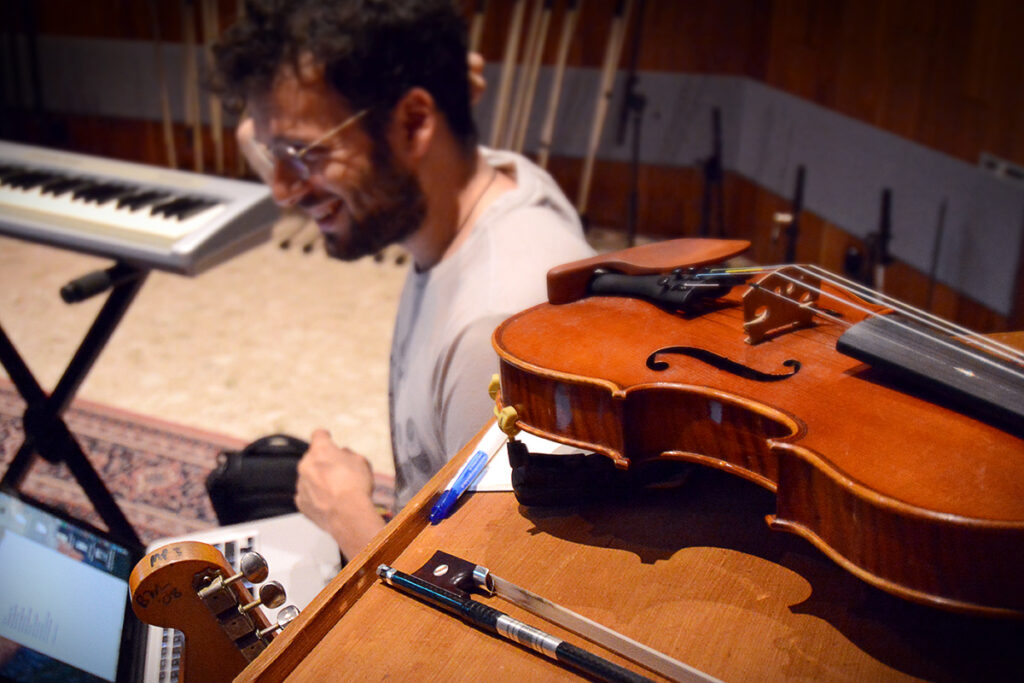Key figures for the start of the 2018 financial year are positive: domestic revenues totalled CHF 60.3 million as at 31 May 2018, exceeding the budget by 8% and the prior year by 7%. The amount distributed in the second-quarter settlement in mid-June was CHF 43.8 million. At CHF 13.2 million, expenses were within budget.
Review of business activities
The Board approved the comprehensive report and explanatory notes to the 2017 financial statements prepared by the Auditor. These are part of the documentation that SUISA is required to file with the Federal Intellectual Property Institute (IPI) each year for its review of SUISA’s business activities.
Following changes in the Financial Market Infrastructure Act and its implementing ordinances, SUISA had to amend its investment regulations, in particular as regards due care rules for derivatives trading. The Board laid down clear guidelines regulating SUISA’s activities on the investment market. SUISA is also required to submit any amendments to these regulations each year to the IPI, the competent regulatory authority.
Satisfactory income and distribution results for year-to-date 2018
For the year to date as at 31 May, revenues increased for all classes of rights compared both with the budget and the prior year. The growth in revenues from online uses – plus 174%, or CHF 4.7 million – was particularly noteworthy. When preparing the budget, it had been expected that all online contracts would be transferred to SUISA Digital Licensing or Mint Digital Services, and that the corresponding revenues would flow into these companies. However, negotiations with the online service providers are taking longer than expected. Until the new contracts are signed, the corresponding revenues will continue to flow to SUISA, the parent company.
Initial distribution results for 2018 are also positive. The remuneration collected under most tariffs is meanwhile distributed to rightsholders following a quarterly schedule. The first quarterly settlement comprised 8,879 individual settlements representing a total distribution of CHF 13.8 million; the second, in mid-June, comprised 11,800 individual settlements and a total distribution of CHF 43.8 million.
With regard to revenues from abroad, thanks to a new IT application, we managed to distribute a larger number of settlements from our foreign sister societies than ever before at this time of the year. Remuneration totalling CHF 4.1 million was distributed to SUISA members. Moreover, starting in autumn 2018, foreign revenues will also be distributed on a quarterly basis. This means that the second of the three foreign settlements for 2018 will be distributed in mid-September. The third settlement will then be made in mid-December.
Sponsoring commitments and distribution rules
Figures aside, on to sponsoring: SUISA is making itself seen and heard with a number of actions in the framework of various musical events. The overriding aim is always to inform the public about the purpose and activities of our Cooperative Society and to attract well-deserved attention and esteem for the creative work ofour members. In this context, the members of the Committee for Organisation and Communication learnt about SUISA’s commitment in support of the Walo Prize and the organisation of the successful Songwriting Camp. Other events (co-)sponsored by SUISA include a day of concerts in the “Offen für Neues” (“open for the new”) series at the Festival Murten Classics in August, as well as “Label Suisse” in mid-September in Lausanne.
At the meeting, the Board also spent considerable time debating the amendment of the Distribution Rules. The amendments proposed by the Executive Committee are first examined by the Distribution and Works Committee. They are then referred to the Committee for Tariffs and Distribution before being sent to the Board. Finally, the amendments must be submitted to the IPI and the Liechtenstein Office of Economic Affairs. The amendments come into force once they are approved by both institutions, and the document is published.




